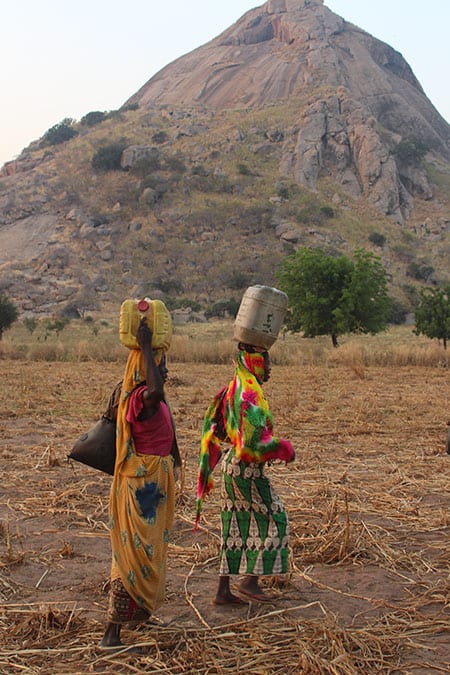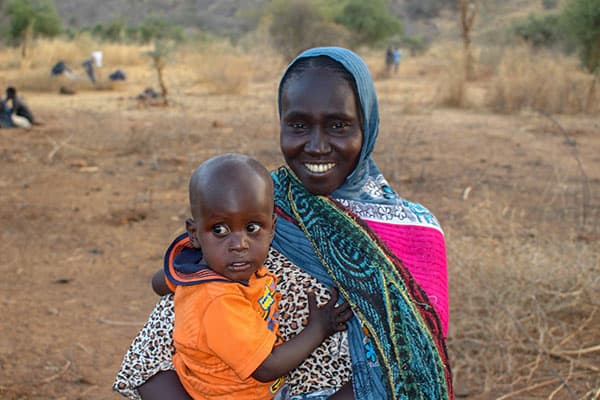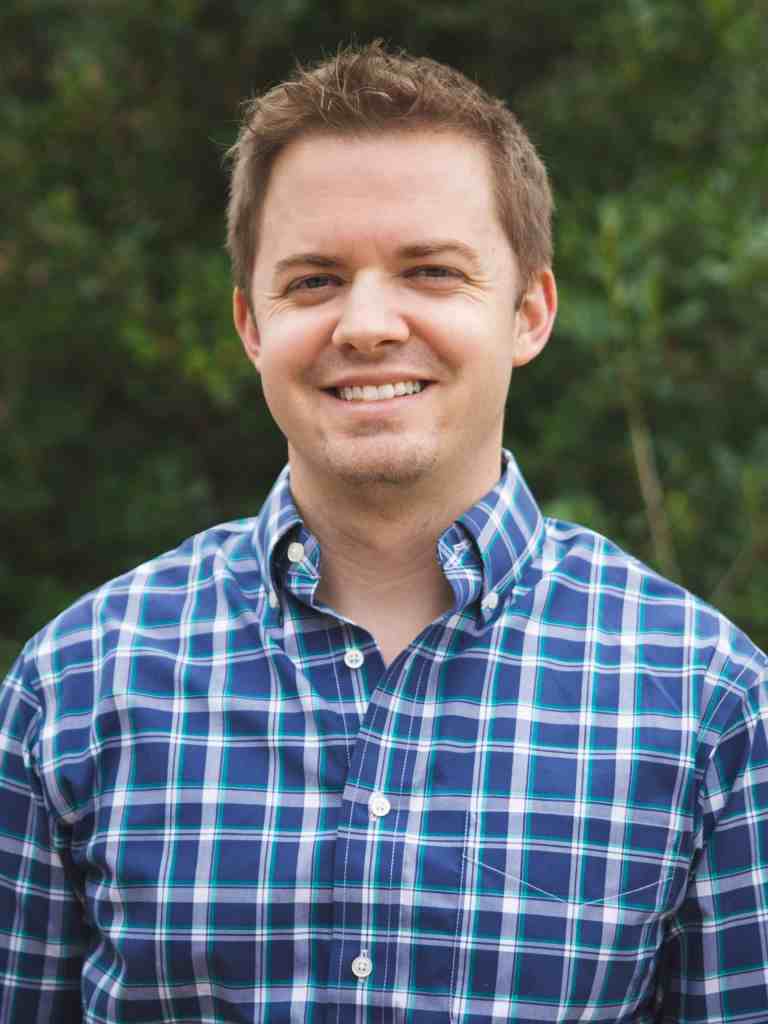Access, Credibility, and Ministry Effectiveness
By Stephen Hunt
Some Africans refer to this place as “the end of the earth.” Chad, the largest land-locked country in Africa, is as dry as that distinction suggests. If you travel around the country, you will find some of the most desolate and remote places imaginable. You’ll breathe more dust than you ever thought possible, while water eludes you.
People who live in Chad often walk miles and miles to the nearest water source, usually a hand-pumped well in a larger village. They stand in line, sometimes for hours. Finally they walk back home, carrying the water, which may be unclean and cause illness or death because of the shallow depth of the well. If this sounds rough, the other option is to forgo the walk and instead forage in the hills, looking for dirty water trapped in holes between or beneath rocks.
The Water Below
What’s fascinating, though, is that clean water actually exists throughout places like Chad. However, it sits far underground and cannot be accessed by a common hand-dug well. It’s difficult to transport a proper drilling rig to the remote areas of Chad. Once there, finding a feasible and sustainable place to drill a well is even more challenging.

In the face of these complexities, Unto® is dedicated to relieving suffering, restoring dignity, and revealing hope in the toughest places on earth. People everywhere, even in these hard-to-reach places, deserve to experience the simple basic provision of clean water. Far more than that, they deserve the opportunity to experience the kindness and eternal hope of Jesus.
A Bridge to Blessing
In any given place, political, religious, social (tribal/ethnic), or physical barriers can stop the work of our local field partners. Humanitarian assistance often is necessary to help them continue, but they are trained as ministers, not humanitarian workers. Resources and training from Unto help by serving as a bridge of kindness to relieve the suffering of and restore dignity to the people served. As kindness is extended and people are served, a bridge is built over barriers, and relationships are established.

Let’s say a field partner team wants to serve people in Chad. The people need clean water for physical life; they need the hope of Jesus for spiritual life. What should the team do?
Should they go to the village, declare their intention of serving and building relationships, and then spend all their time foraging in the nearby hills to find a clean water source? This time-consuming activity has a very low probability of success and is not good stewardship of their calling and gifts.
Should the team ignore the water problem altogether, name and claim the Romans 10:17 phrase, “faith comes from hearing,” and just start sharing the hope of Jesus? No. They also know the directive found in James 2:15-16 to give to those in need — and the old proverb, “A hungry belly has no ears.” They know that biblical love is a matter of action, not just words, and they want the villagers to know they truly do love and care for them.
Overcoming Barriers
Unto helps field partners achieve access — to overcome physical and sometimes religious barriers. However, our partners also need credibility. Why should local tribal or political leaders allow them to stay and work? Why should villagers trust them and listen to anything they have to say? For field partners to begin building relationships, they need a trusted reason for their presence. Service, actionable kindness that addresses a legitimate need in a non-coercive way, provides this reason.
Now the team has access and credibility, but they still need to be effective in addressing community needs, both physically and spiritually. This means projects should be simple and sustainable in places with limited resources and infrastructure, enabling ministry effectiveness.
By coming alongside field partners to facilitate the complicated and expensive work of finding water and building a sustainable well in the village, physical needs are met — and our partners can effectively relate the well to spiritual needs, revealing the hope that Jesus brings.
Published April 28, 2018

Stephen has served as a content writer and researcher for Unto. He has been on staff since October 2017.




